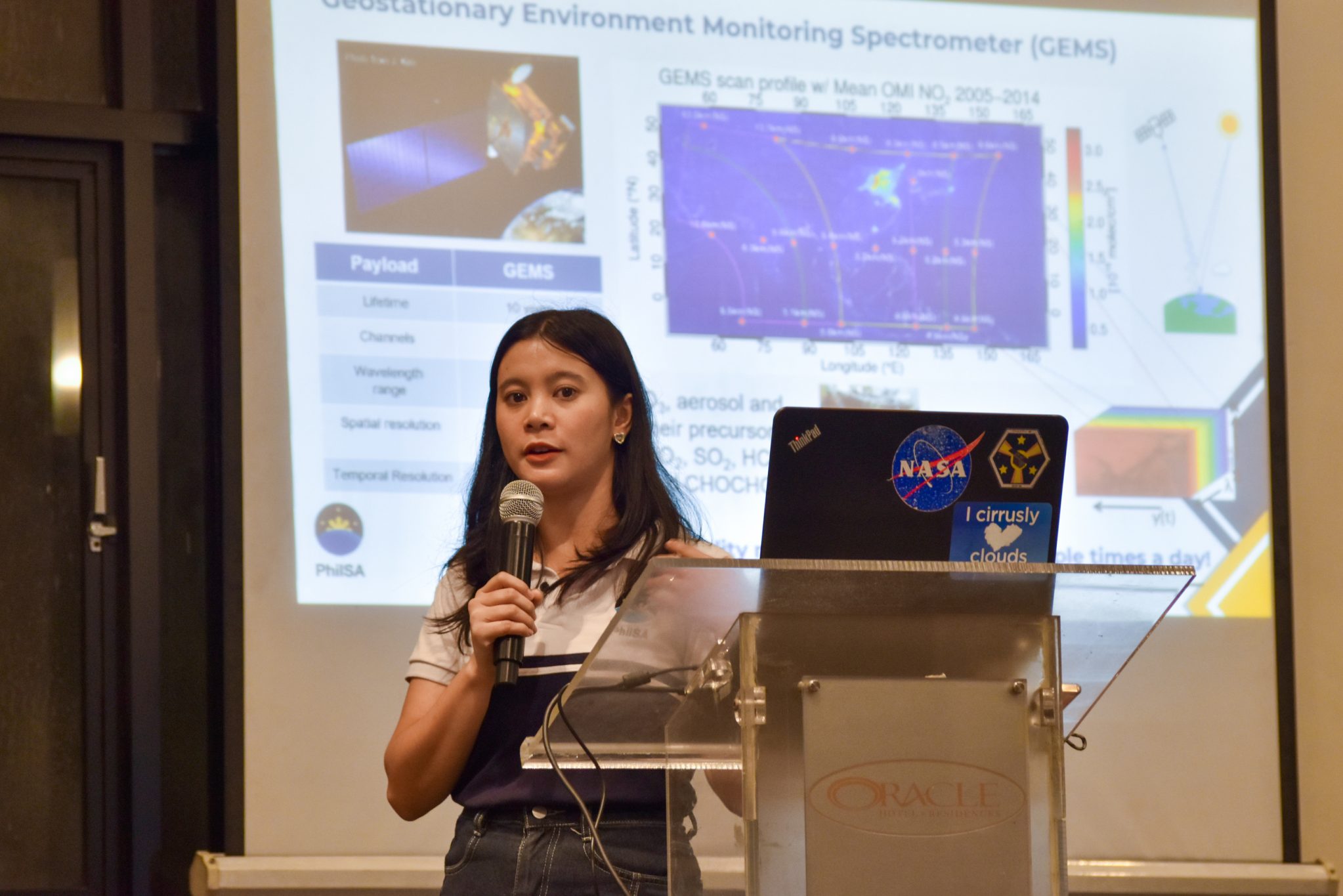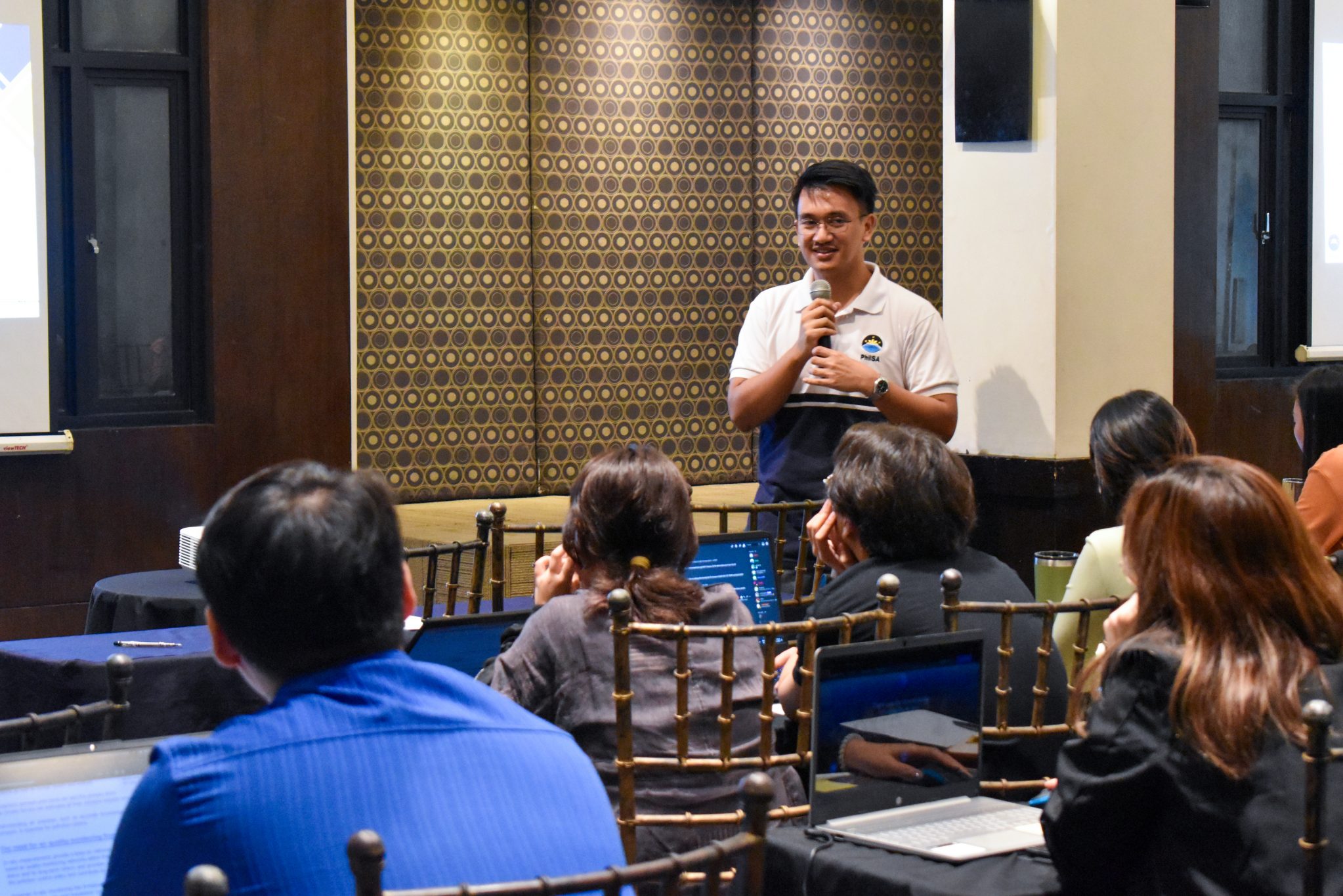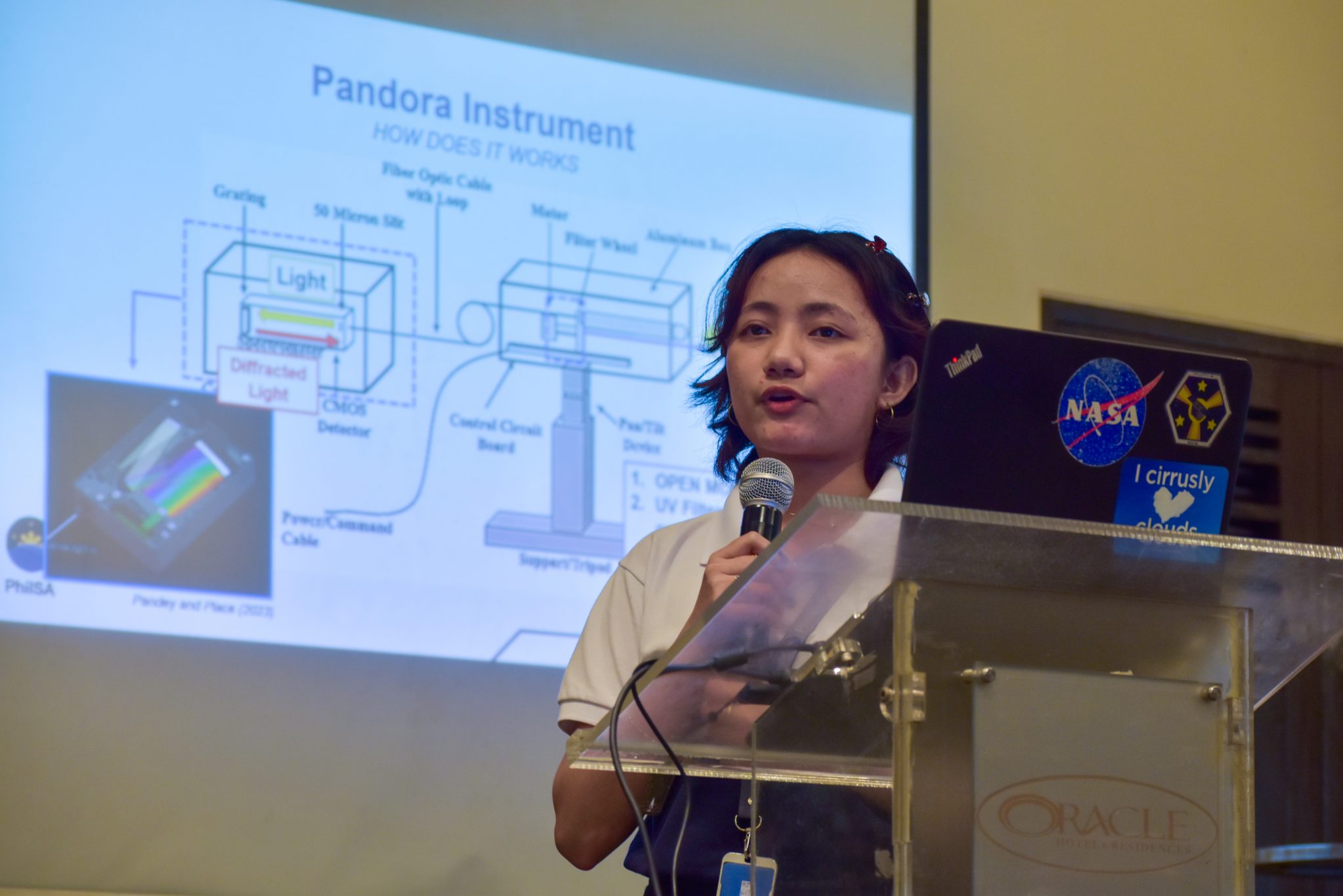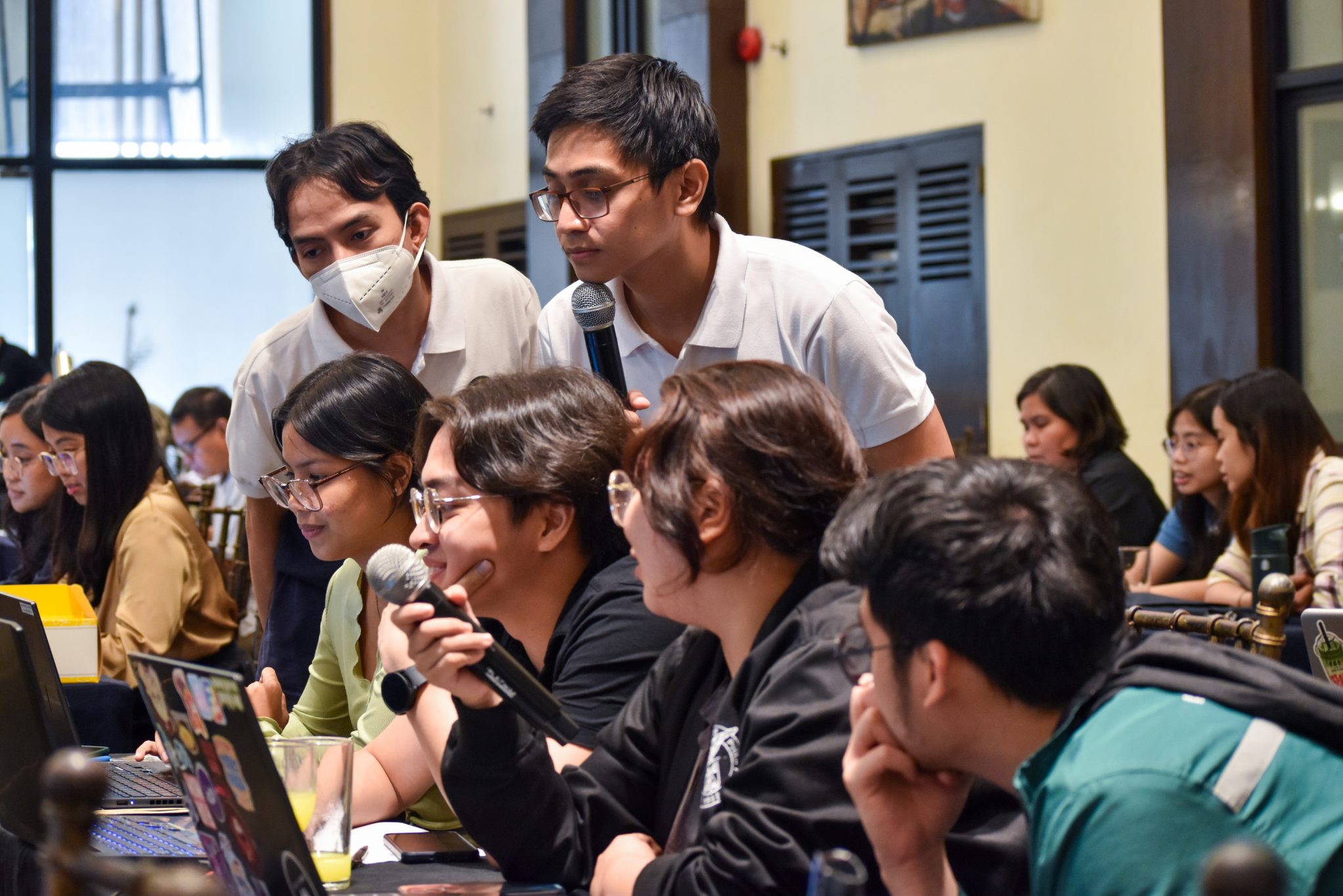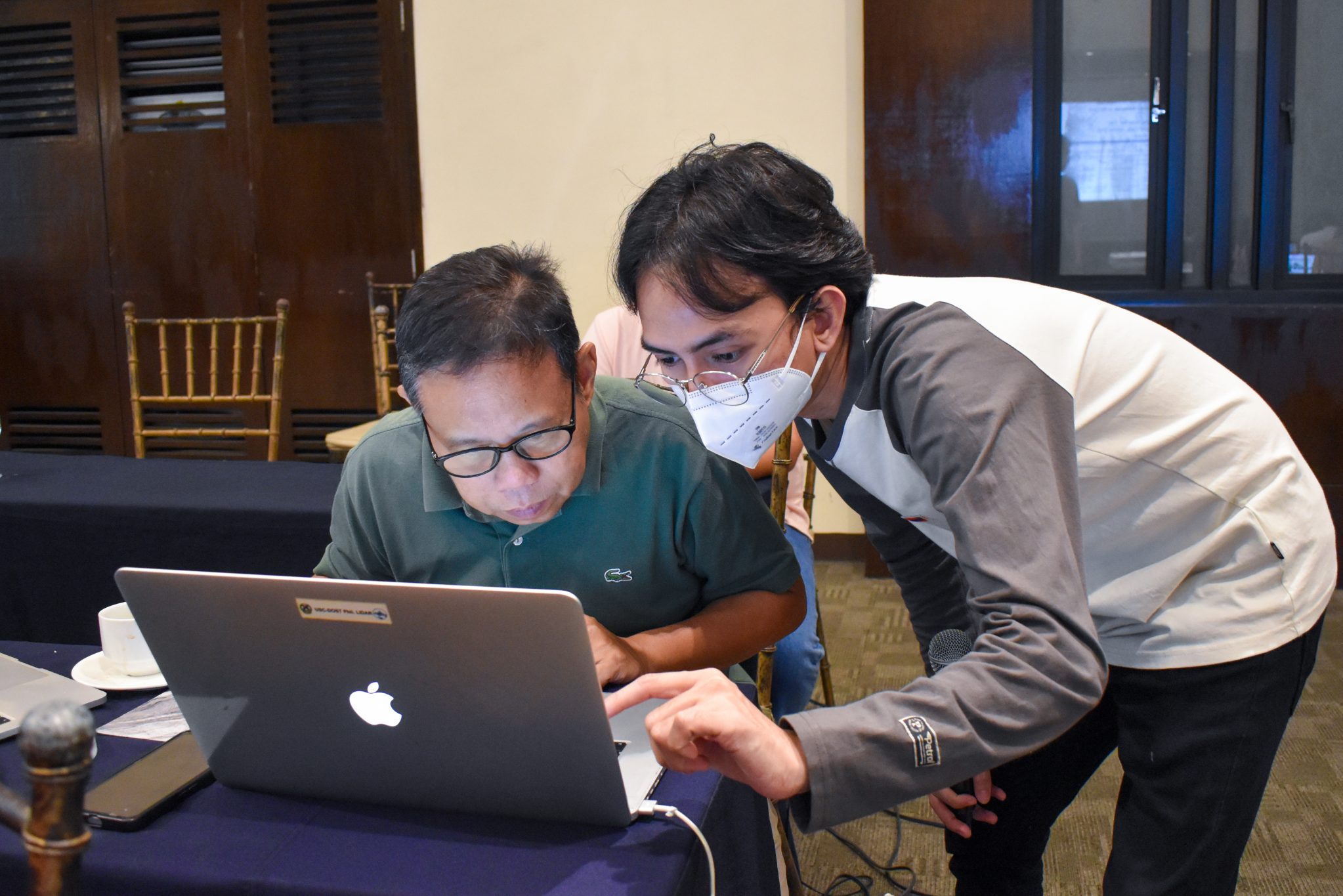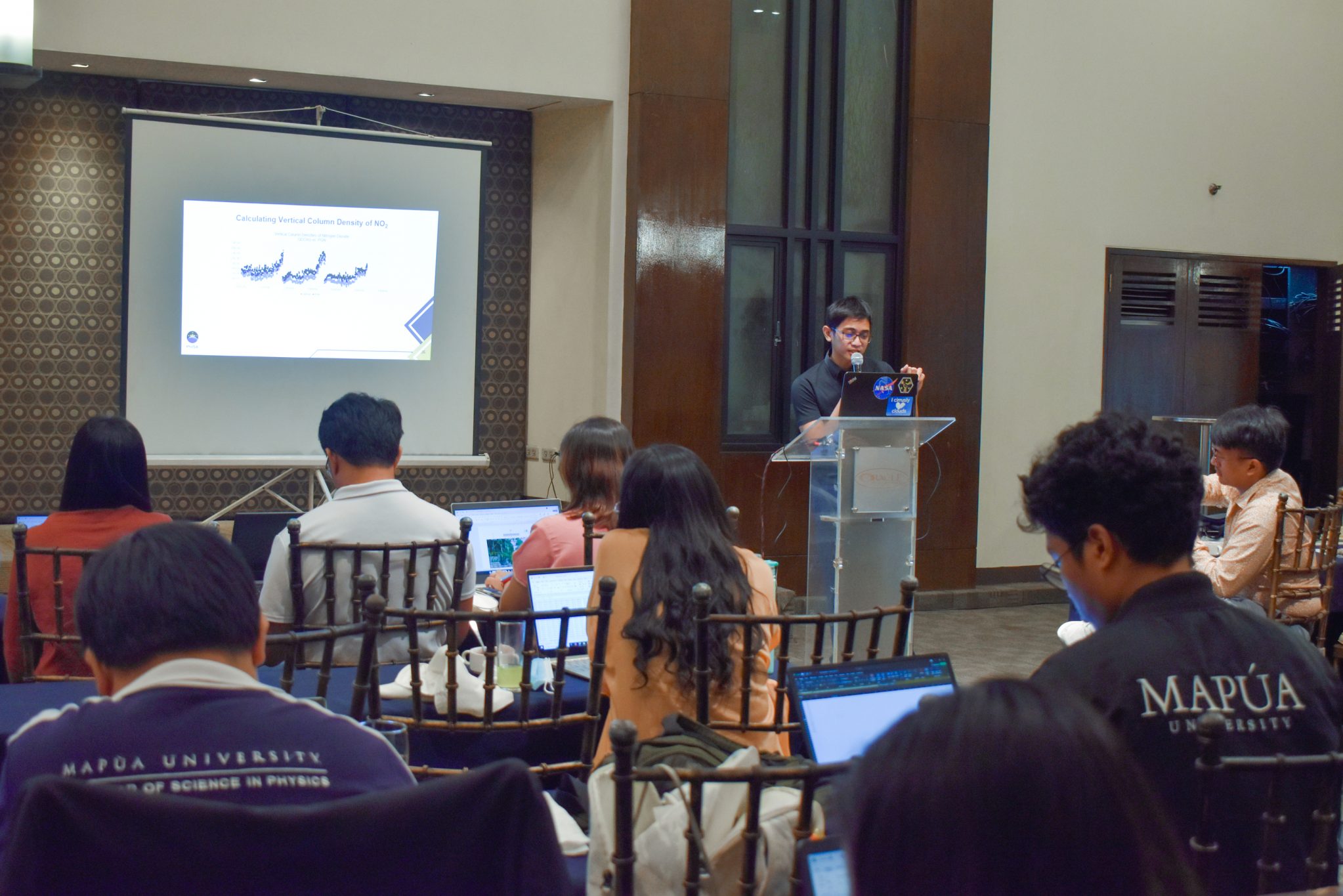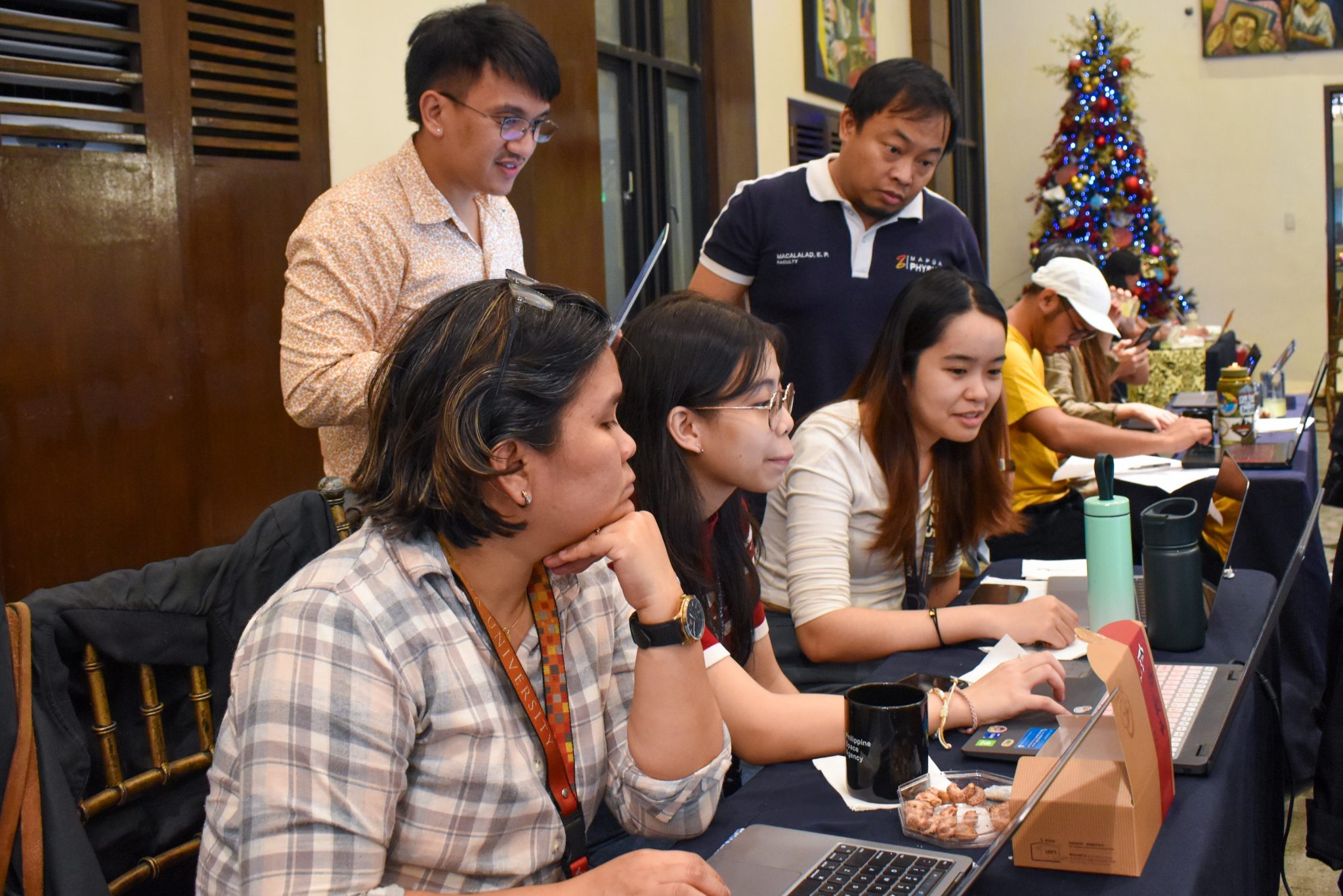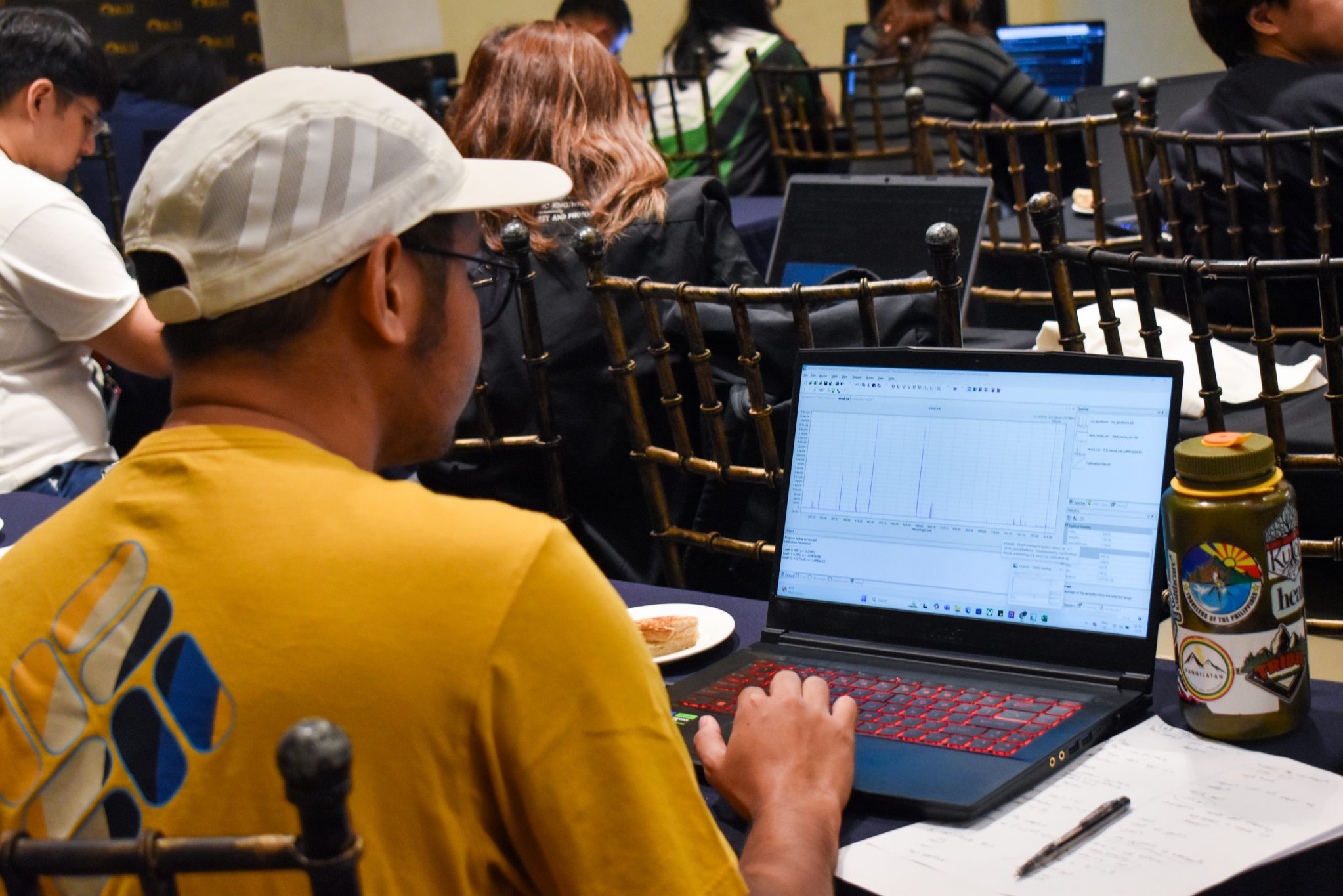The Philippine Space Agency (PhilSA) conducted the “Training on the Advanced Utilization and Applications of GEMS and Pandora for Air Quality Monitoring in the Philippines” from 05 to 06 December 2024 at the Oracle Hotel and Suites in Quezon City, Metro Manila.
This follows the series of workshops and installations conducted under the Pan-Asia Partnership for Geospatial Air Pollution Information Project and the Pandora Asia Network (PAPGAPI-PAN) Philippines Project. The workshop covered processing of data from South Korea’s Geostationary Environment Monitoring Spectrometer (GEMS) and Pandora instruments for air quality. Pandora local operators from Mariano Marcos State University in Ilocos Norte, University of San Carlos in Cebu, and the Department of Environment and Natural Resources-Environment Management Bureau Provincial Environmental Management Unit in Palawan joined the training. Participants also included air quality researchers from various government agencies and higher education institutes.
As the first satellite instrument in geostationary orbit dedicated to air quality, GEMS provides continuous, high-resolution data on pollutants such as nitrogen dioxide (NO₂), ozone (O₃), and other trace gases, while Pandora offers in-situ data. This workshop aims to help participants understand the significance of these measurements in assessing air quality trends and contributing to health-related research and policy.
Led by field experts from PhilSA, the training sessions provided hands-on experience in working with GEMS and Pandora data, particularly on using software platforms to process raw data for various applications.
A meeting with the local operators was also held to lay out the air quality research plans moving forward.





